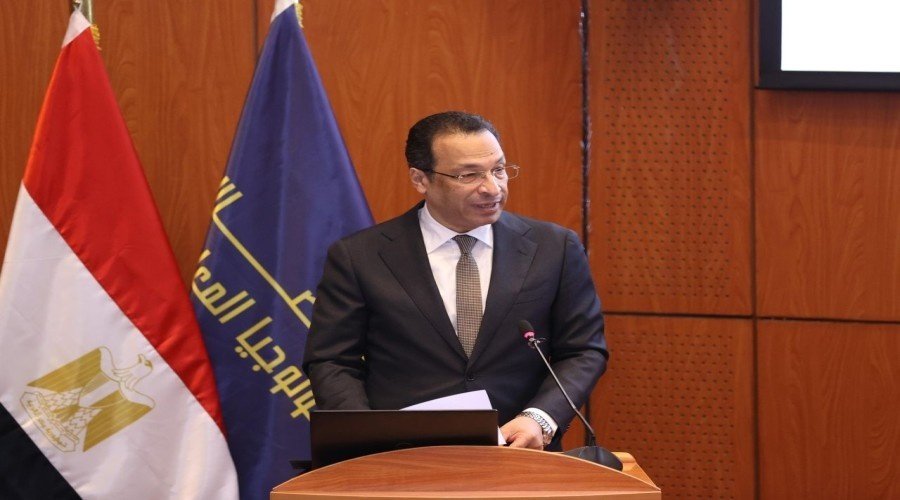In Algeria, a new generation of entrepreneurs is demonstrating remarkable resilience, building innovative ventures despite significant administrative, financial, and cultural hurdles. According to Iskandar Tourch, an executive and National Bureau member of the National Organization for the Development of Economy and Entrepreneurship, the nation’s entrepreneurial spirit is vibrant, held back not by a lack of ideas but by a challenging operating environment. Speaking to local media, Tourch highlighted the practical realities facing Algerian founders and outlined a path forward to unlock their immense potential.
Inspiring Stories Of Resilience
Despite the obstacles, several Algerian startups have successfully carved out a niche in the national economy, serving as powerful examples of what is possible. Tourch notes that these founders did not wait for ideal conditions but launched their ventures fueled by self-belief and a determination to turn ideas into productive enterprises.
One prominent example is Youssef Bouafia, founder of Optimum Technology, an IT and telecommunications company. Bouafia built his firm from the ground up, transforming it into a leading player in Algeria’s tech sector by delivering competitive and innovative solutions in a market once dominated by large foreign corporations.
In the creative industries, Amina Ben Aissa founded Beautiful Products, a company specializing in natural cosmetics. She successfully built an authentic Algerian brand that merges quality with local identity, gaining traction in the domestic market and paving the way for international exports. Her journey showcases the rise of female entrepreneurship and innovation beyond the tech sector.
Meanwhile, Mohamed Boudia, founder of Innova Technology, has earned international accolades for developing advanced technological solutions. His success proves that Algerian startups have the capability to compete on a global scale, provided they have the right combination of technical talent and strategic vision.
The Systemic Hurdles Facing Founders
While these success stories are inspiring, they represent the exception in an ecosystem fraught with challenges. Tourch identifies a complex web of interconnected obstacles that stifle the growth of young companies.
The most significant barrier is access to funding. Aspiring entrepreneurs often face stringent banking requirements and a demand for substantial collateral that they simply do not possess. This financial gatekeeping prevents many innovative ideas from ever reaching the execution phase.
Bureaucracy presents another major roadblock. The administrative procedures for registering a company and obtaining necessary licenses are notoriously time-consuming and discouraging. A lack of specialized legal and business guidance for startups further complicates the process, leaving many founders to navigate these complexities alone.
On the market front, new ventures face fierce competition from established corporations and struggle with limited access to both local and international markets. This, combined with market volatility, makes strategic planning difficult and requires immense agility from nascent businesses. Furthermore, technical and infrastructural gaps, including a lack of specialized skills and unreliable connectivity in some regions, limit the ability of startups to scale effectively.
A New Vision For National Support
To address these challenges, Tourch advocates for a fundamental shift in the role of national organizations, transforming them from administrative bodies into dynamic platforms for entrepreneurial empowerment. He proposes a multi-faceted approach focused on creating a more supportive ecosystem.
This vision includes developing physical and digital infrastructure, such as dedicated support centers offering mentorship, training, and streamlined access to capital. A key proposal is the creation of smart digital platforms where entrepreneurs can showcase projects, apply for funding, and receive expert advice.
Tourch also emphasizes the need to diversify financing mechanisms beyond traditional loans, integrating modern tools like crowdfunding and venture capital. He argues for building strategic partnerships between the public and private sectors to nurture promising projects. Finally, he calls for investment in human capital through specialized training programs that equip founders with modern management, marketing, and innovation skills, alongside a network of mentors to provide critical hands-on guidance.
About The National Organization For The Development Of Economy And Entrepreneurship
The National Organization for the Development of Economy and Entrepreneurship is an Algerian body dedicated to fostering economic growth and supporting business initiatives within the country. Through its leadership and members like Iskandar Tourch, the organization aims to analyze the challenges facing entrepreneurs, propose policy solutions, and create bridges between the industrial sector and the burgeoning startup ecosystem to drive national innovation and development.
Source: Elayem News














